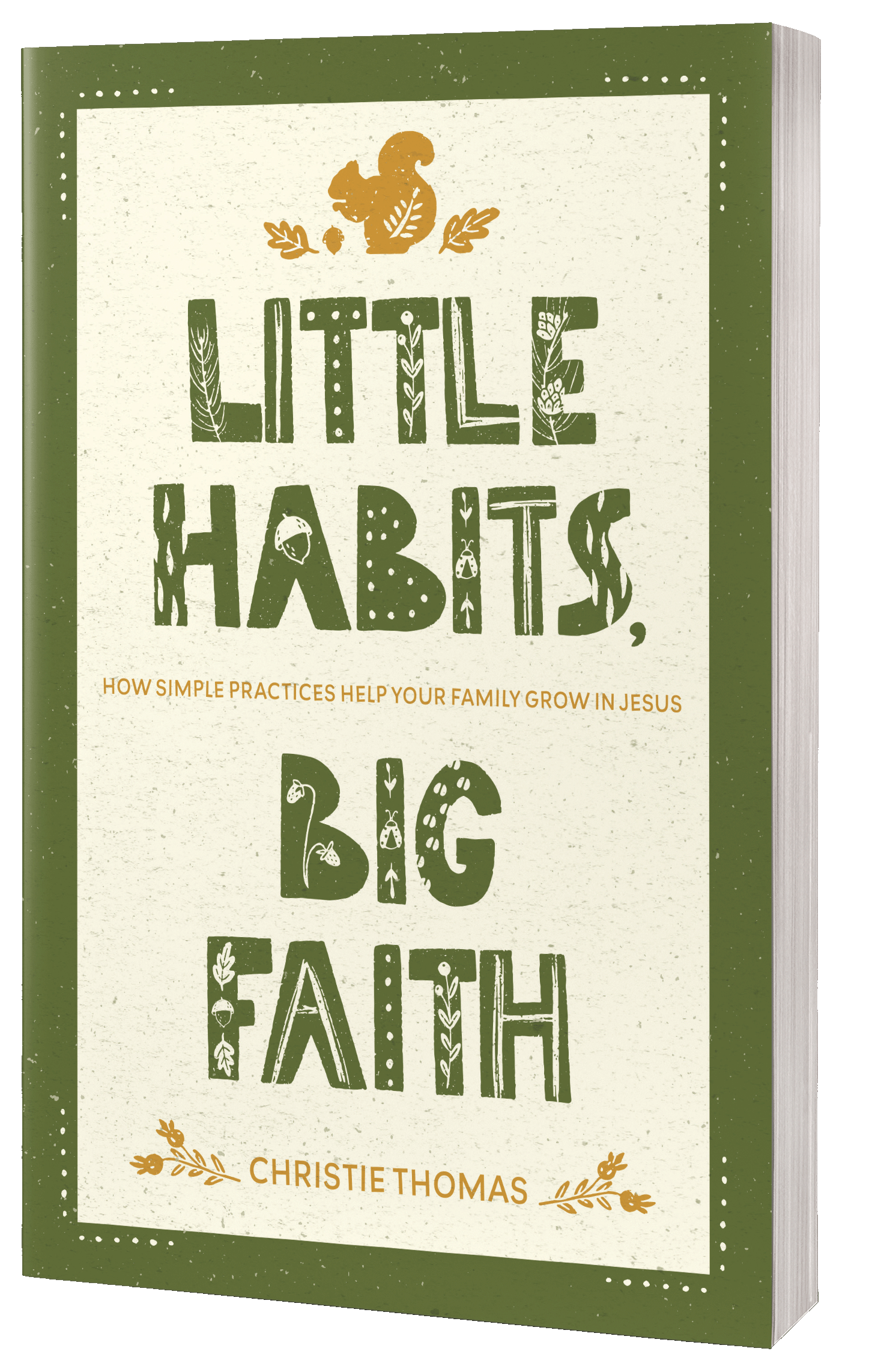We all learn languages as children:
We learn to speak words, like English or Dutch or Cantonese. We learn body language and how to understand what adults and friends are saying without words. We also learn a primary love language.
According to Dr. Gary Chapman, author of “The 5 Love Languages“, our primary love language develops as a function of the home we grew up in. If your parents were extremely affectionate, your primary love language is likely to be physical touch.
But if no one in your house was a hugger, you are less likely to interpret physical touch as love. Instead, your language might be gifts, acts of service, quality time, or words of affirmation.
Of course, personality also comes into play, which is why we can have 3 children with different love languages! I certainly do. My eldest loves
It’s important to recognize this difference between children. If I am not a very affectionate person and I treat my children in the ways only *I* feel loved, the child with the love language of touch will sense a lack of love.

What happens when your child’s love language isn’t met…
When my touch-boy was young, he was a hitter. My greatest discovery was that giving him multiple hugs throughout the day was the best way to keep him from hitting others. He was trying to fill up his love tank in the only way he knew how: physical touch.
Imagine a little boy who craves touch, but never gets it from his family. As he grows older, his love tank will be empty and he will very likely try to fill it up in the only way he knows how: through touch. He might hurt others or he might get into physical relationships far too early. So it’s crucial that this little boy gets the love he needs in the way he is designed to receive it…touch.
Of course, not every child receives love through touch. But when our love tanks are empty, we humans seek to fill them in any way we possibly can.
If a child’s language is acts of service, but no one ever does simple jobs that help her out, she will feel used.
A child with an unfulfilled love language of words of affirmation can be extremely critical of others.
Or if his love language is quality time, but no one spends big chunks of time with him, he will fall into the arms of the first person who shows him attention.
Similarly, if a little girl with the language of gifts is never given gifts by her parents (especially her father), what will happen when an older boy comes along, showering her with gifts? Her love tank will be so full, she will not notice his flaws, even if they are dangerous ones.
Make sure you do this:
- Figure out your child’s love language.
The best way to do this is simply to ask. Try a variation of this question:
- “When did you feel that I really loved you?”
- “When is a time that you felt loved?”
- “What makes you feel loved?”
Your child might talk about a camping trip you completely forgot (quality time), a random gift you brought home from work (gifts), time spent snuggling on the couch (touch), when you helped her with homework (acts of service), or a time you said you were proud of him (words of affirmation).
If you’re struggling, or if your child is too young to answer these questions, watch how he shows love. Does he tackle you when you come in the door (touch), does she gift you with pictures she drew or rocks from a walk (gifts)? Does he love to set the table (service), or tell you how much she loves you (words)? Or does your child literally follow you around the house all day? That would be the gift of quality time.
2. Give gifts of love in a way that fills your child’s unique love tank.
Why do we do this? Because God has created each of our children unique, and shows love in many different ways. We are created to be Image-Bearers of God, and so we get to show love in many ways as well!
What about holidays?
We love to give gifts at holidays, specifically Christmas, Valentine’s Day, and Easter. But not every child will care about gifts. For that child, a gift might be temporarily enjoyed but won’t have any lasting meaning. In other words…that gift may be a waste of money.
On the flip side, there’s a recent trend toward gifting experiences instead of physical gifts. This is wonderful, but if you have a child with the love language of gifts, you might leave them feeling unloved if you skip all the physical gifts!
Here’s a list of “gifts” you can give a child with each love language – some cost money, others are free.

1) For the love language of TOUCH
- A coupon for a free daily hug.
- A gift certificate for a professional massage.
- A coupon for an hour of snuggling and reading.
- Let him give you the hardest, more painful, high 5 he can muster!
- An adorable and meaningful blanket like these Blessing Blankets.
2) For the love language of QUALITY TIME
- Take your child on an outing, just the two of you, doing something they enjoy: Rock-climbing, swimming, shopping, or just for a walk.
- A coupon for an afternoon of fort building and snack-eating. (Use this free Canva template to make the coupons!)
- Bring him on a routine errand and talk about life.
- A coupon for a distraction-free day where you put aside all devices and focus on your child.
- Spend time creating a craft or artwork together. (Need some inspiration? Scroll through here for ideas.)
- Purchase a new LEGO set to work on together. (Shop LEGO kits for all ages and interests here.
3) For the love language of GIFTS
- Give your child one of these adorable and soft Blessing Blankets!
- Pick up something small and cheap (or free) while you’re away: a cookie,
a rock or flower, even a sticker from the doctor’s office! - Make her a card.
- Create a special Spotify playlist for your teen (or a compilation CD if Spotify isn’t your thing!)
- When your child needs new clothes or shoes, take him on a special outing to choose the new item himself. That way, the act of giving is the gift.
- Purchase something your child actually needs while you’re out – even a toothbrush or a pair of socks can be a gift!
- Find something that she loved but hasn’t seen in a while, and re-gift it back to her.
- Give one of your personal items to him.
- Find a used (or new) bookstore and choose some new books. Not sure where to start? Check out my list of the 10 BEST Christian picture books.
4) For the love language of ACTS OF SERVICE
- Help your child with something she struggles with: homework, tying a shoe, or a special project at home.
- Make his bed and tell him you did it because you love him (not because you’re judging her!)
- Clean her room, change her bedsheets, or even redecorate it. (again, making it clear that this is a gift, not a
judgement ) - Bake his favorite cookies.
5) For the love language of WORDS OF AFFIRMATION
- Write a list of things you adore about your child and read them to her. (Need help phrasing this well? Check out this article.)
- Write an encouraging note and put it in his lunch.
- Write a card with affirming words and tuck it under her pillow.
- Speak Biblical words of blessing and affirmation over him. (Don’t know how to do this? Check out this free 7-day email challenge.)

So that’s it! Learning to speak your child’s love language is both the





0 Comments